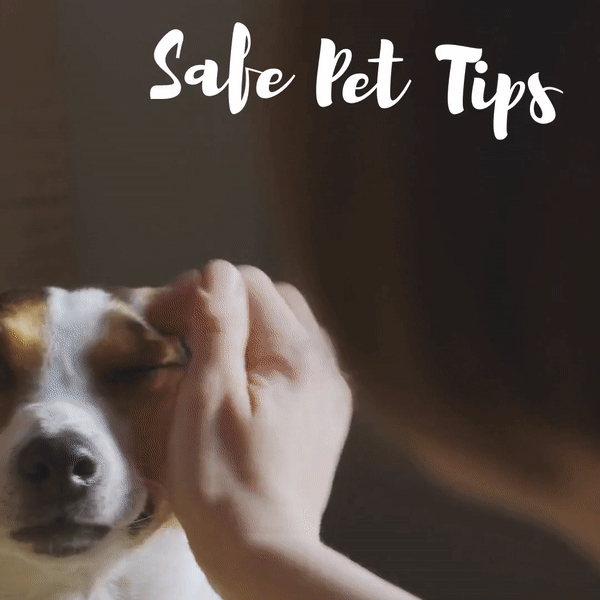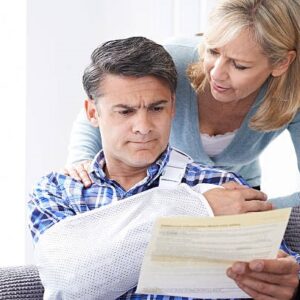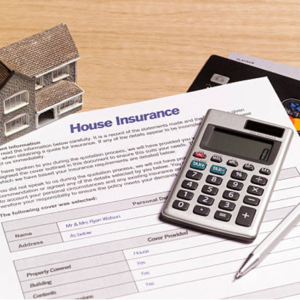There are many common household items and foods that pet owners don’t realize are dangerous to their pets. Check your home every few months to make sure you aren’t storing any unsafe items in areas where your pets could have access. The best approach is to get down to their eye level to check each room for less obvious dangers such as electrical cords or items that haven’t been put away securely.

Unsafe Food for Pets
According to ASPCA Animal Poison Control Center, these foods should never be given to your pets. You’ll also want to make sure that these foods are far from pet reach in your kitchen.
- Alcohol
- Avocado pits
- Chocolate, Coffee and Caffeine
- Citrus
- Coconut and Coconut Oil
- Grapes and Raisins
- Macadamia Nuts
- Milk and Dairy
- Nuts
- Onions, Garlic, Chives
- Raw/Undercooked Meat, Eggs and Bones
- Salt and Salty Snack Foods
- Xylitol
- Yeast Dough
Common Dangers in your Yard
- Commercial or natural fertilizers
- Insecticides
- Weed killer
- Toxic plants and weeds
You may notice your pets eating grass or other plants in the yard. You can learn to identify which plants are harmful for your pet to ingest.
Read the Toxic and Non-Toxic Plants List from the ASPCA Animal Poison Control Center.
Common household supplies that can make your pet sick if ingested
- Firestarter logs
- Glow sticks
- Jewelry
- Liquid potpourri
- Glue
- Mothballs
- Mouse and rat poisons
- Antifreeze/ automotive coolant
- Batteries
- Cleaners such as toilet bowl cleaner or drain cleaner
- Strong vinegar
Do you think your pet ate something dangerous?
If you think your pet has been poisoned or eaten something toxic it is important to contact your local veterinarian or call a pet poison helpline immediately. The ASPCA Poison Control Center (888-426-4435) and the Pet Poison Helpline (800-213-6680) are available 24/7, year round (consultation fees may apply). Save these numbers somewhere easy to remember so you can find them quickly in an emergency.




